Vegetable Glycerine: Benefits, Risks and Uses


Related products
What are the Benefits of Vegetable Glycerine?
Glycerine, commonly referred to as vegetable glycerol, has found a huge application in the pharmaceutical and cosmetic industries owing to its humectant properties. "Glycerine is excellent for maintaining skin hydration due to its ability to attract and retain moisture," said Dr Michael Hernandez, a dermatology expert. Because of this, glycerine is included in most common skin care applications, particularly for dry and sensitive skin conditions.
Studies support its effectiveness in wound healing. A study published in the Journal of Dermatological Science reveals that glycerine takes an active role in faster skin barrier function repair. For patients with eczema and psoriasis, where the barrier of the skin is weak, it is highly recommended. Besides, its non-toxic nature makes it safe for topical use without any fear of getting rashes or irritation.
What are the Risks of Vegetable Glycerine?
Even though it has plenty of benefits, vegetable glycerine also has potential hazards in place. According to toxicologist Dr Sarah Thompson, "While generally considered safe, excessive use of glycerine can lead to skin irritation and contact dermatitis." This is particularly true for people with prior skin conditions, which might make them more predisposed to adverse reactions.
Ingesting glycerine is somewhat rare but it can cause gastrointestinal disturbances—like diarrhoea and nausea. A report in the International Journal of Toxicology found that overdoses of glycerine can lead to hyperosmolar imbalances whereby the body has problems with water balance. It's crucial to keep recommended dosages and treat with healthcare providers before internal consumption.
Uses of Vegetable Glycerine
Vegetable glycerine is highly versatile; therefore, large sections of industries put it to use. The pharmaceutical industry employs it as a solvent for numerous liquid pharmaceutical formulations, in which it is also a preservative. In fact, pharmacist Emma Williams explains: "It stabilizes and increases the effectiveness of oral drugs by averting crystallizations and maintaining the amount of homogeneity."
Glycerine is used as a sweetening and preservative agent for baked foods, candies, and various other processed foods. It is termed generally recognised as safe (GRAS) by the Food and Drug Administration (FDA), and therefore, the product has become very popular with the majority of the population.
The cosmetic industry uses the humectant characteristic of glycerine in making lotions, soaps, and shampoos. It is a primary component in many formulations because it keeps skin and hair well-hydrated by attracting moisture. It has other uses in toothpaste and mouthwash as it affects the texture of the substance apart from its general effect on their performance.

People Also Ask
Is vegetable glycerin safe to eat?
Vegetable glycerine can safely be ingested. It has been classified as Generally Recognized as Safe by the United States Food and Drug Administration when used in foodstuffs. Its sweetening, humectant, and preservative uses are very common in food items of various kinds. However, when taken in excess, it causes gastrointestinal disturbances like diarrhoea and nausea. It can be ingested only within permissible limits.
What is vegetable glycerin in the UK?
In the UK, vegetable glycerin is a colourless, odourless, and sweet-tasting liquid derived from plant oils, such as those from palm, soy, and coconut oils. It is widely used in food, pharmaceutical, and cosmetic products by reason of its qualities as a humectant and solvent. This substance is known for its capability to retain moisture, so it is pretty widely applied in skin care goods, foods, and even several medicines.
Is vegetable glycerin safe in vapes?
Yes, vegetable glycerin is a common ingredient in vape e-liquids and is completely regarded as safe. This is a base ingredient that produces vapour when at high temperatures. Medicines and Healthcare Products Regulatory Agency (MHRA) of the United Kingdom and many other regulators provide assurance that e-liquids made up of vegetable glycerin are safe to use. However, it's also good to use quality products that may have certain levels of infamy, for instance, dry mouth and irritation in the throat. Long-term side effects of vaping are still under research, so be on the safe side and do not gamble with everything at stake. Find out Is Vaping Safe?
Conclusion
Vegetable glycerine is a multi-use compound with great advantages, especially in the field of skincare and medicine. People should remain cautious of the many risks that might result if used irresponsibly, ideally excessively. Correct usage, supported by professional counsel, will at least make sure that one benefits safely from multiple advantages accruing to it. With the increased knowledge regarding the total power that glycerine presents, its utilities in other industries are bound to increase, becoming a very treasured compound.



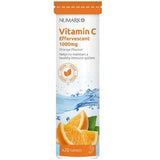
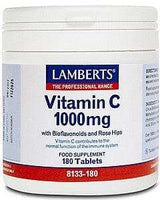
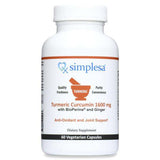








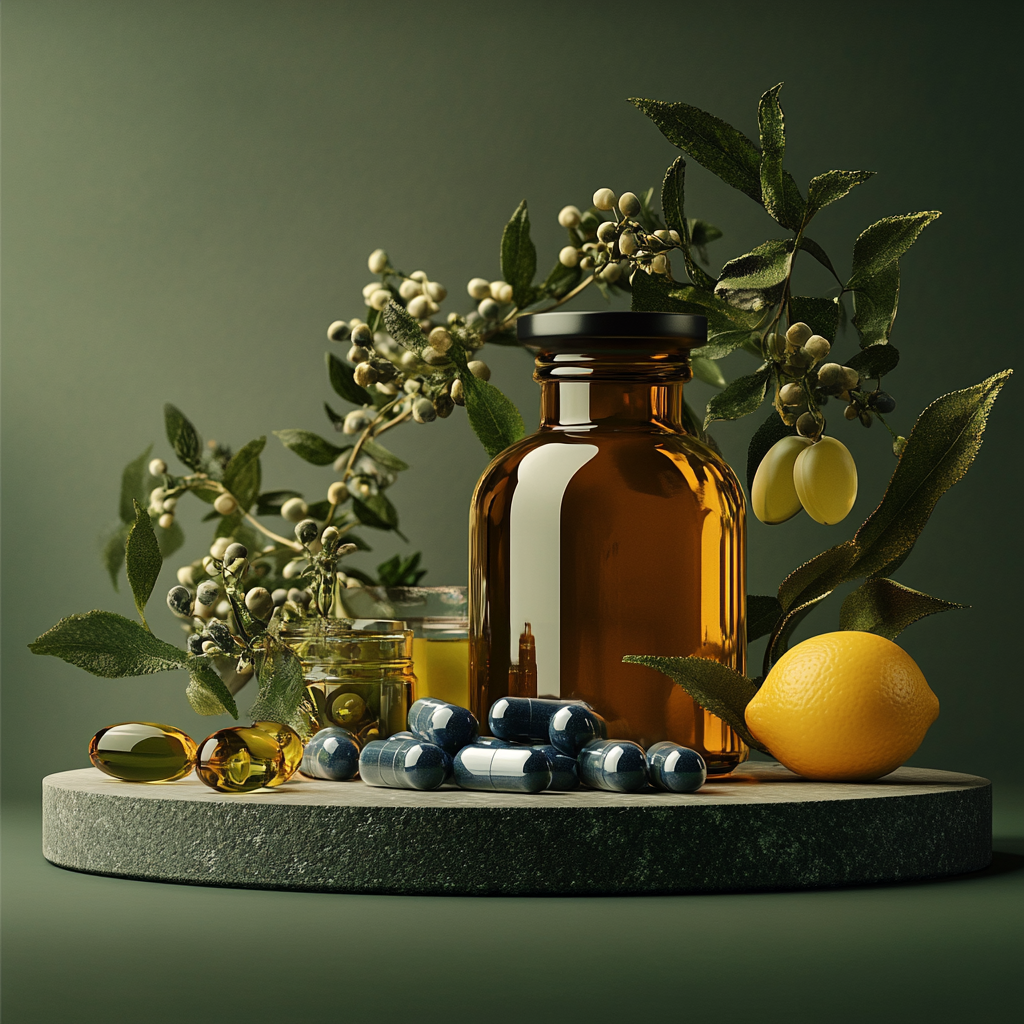
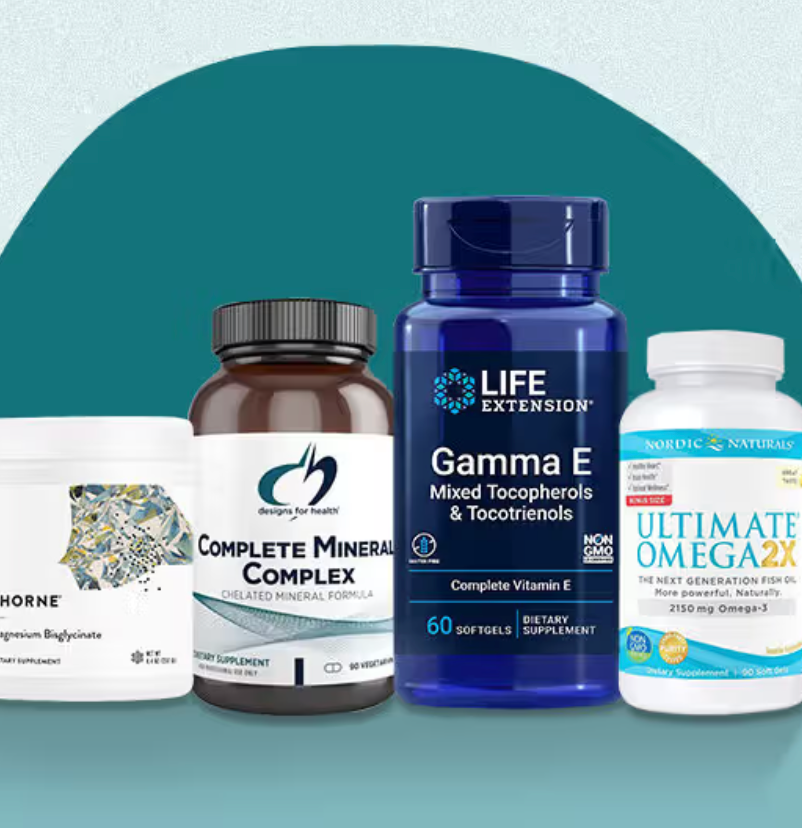

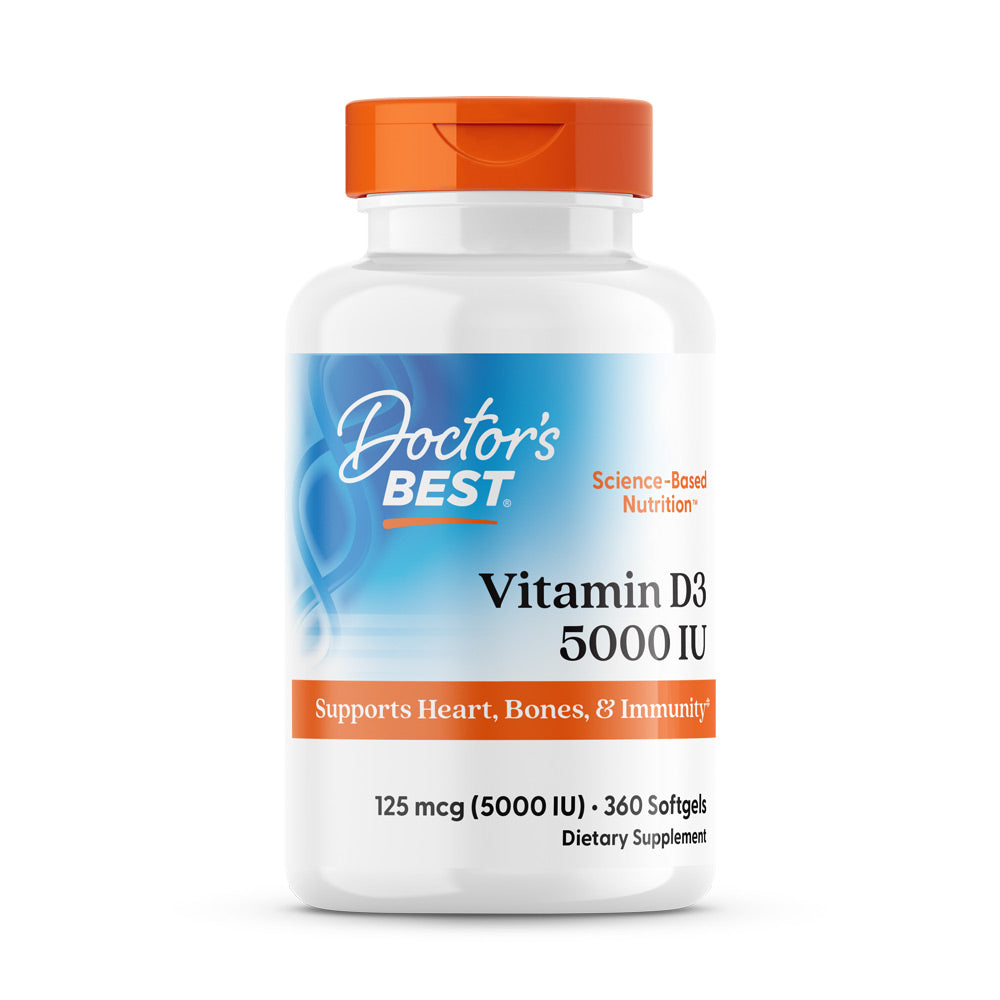

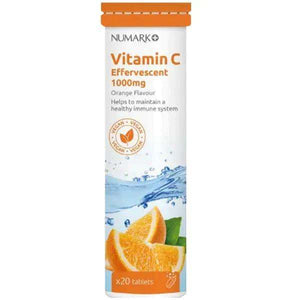
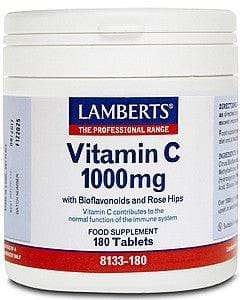
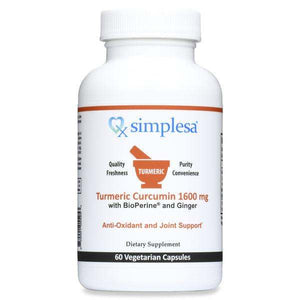








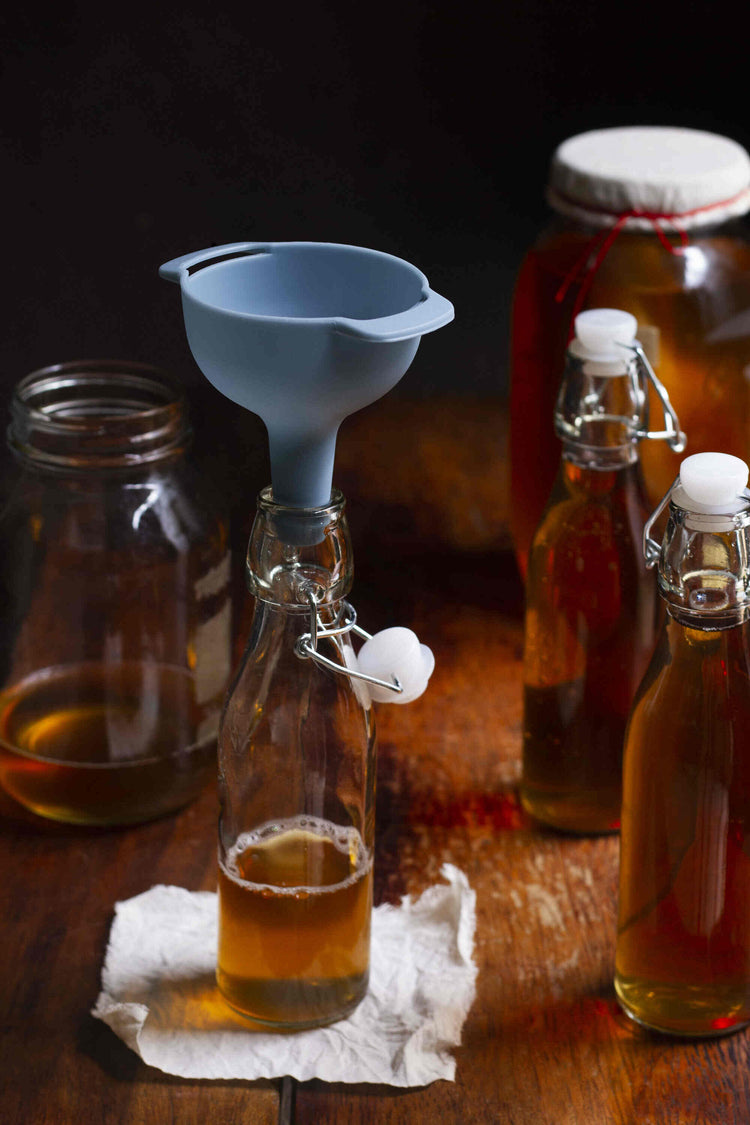

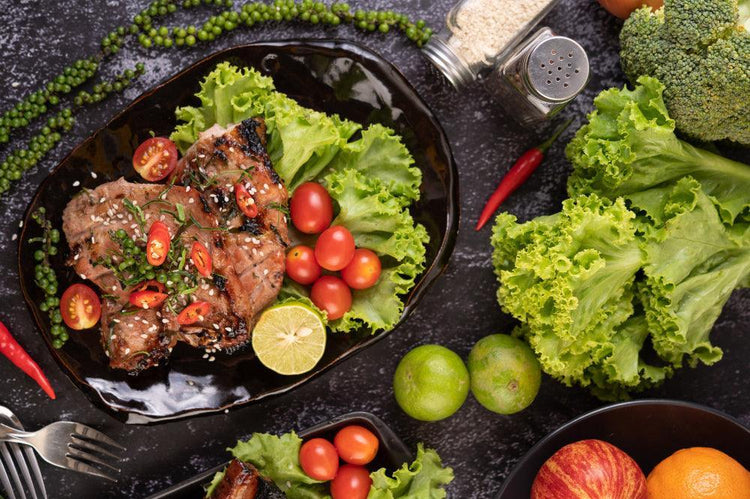


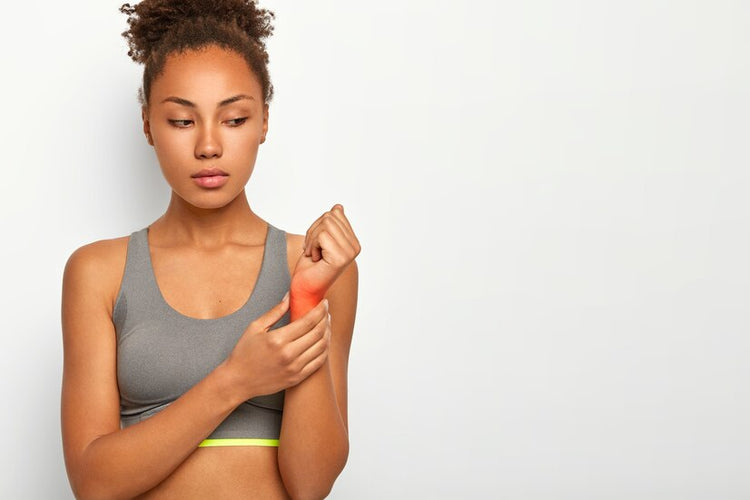

 Rated Excellent by 26,523+ Reviews
Rated Excellent by 26,523+ Reviews